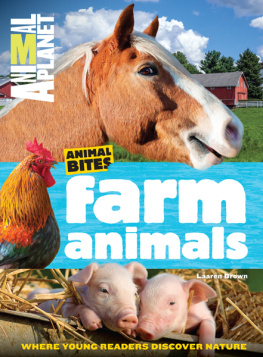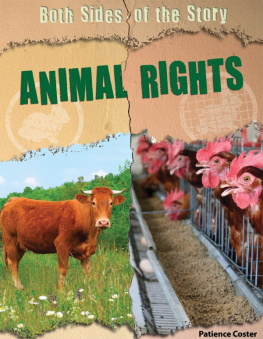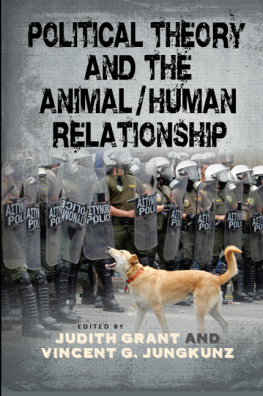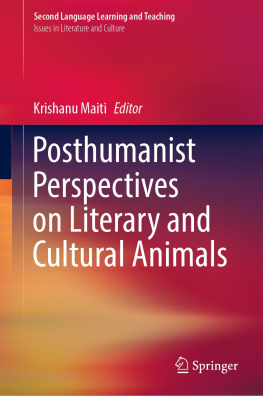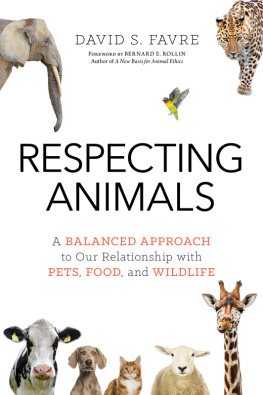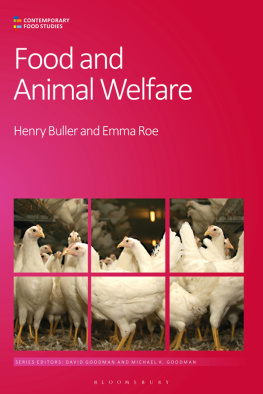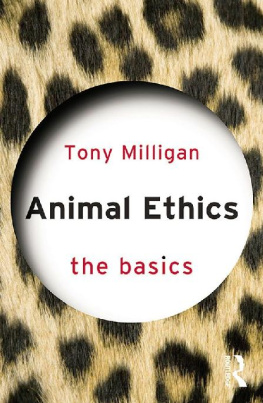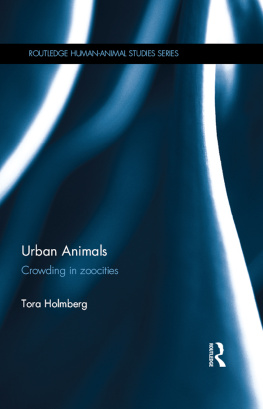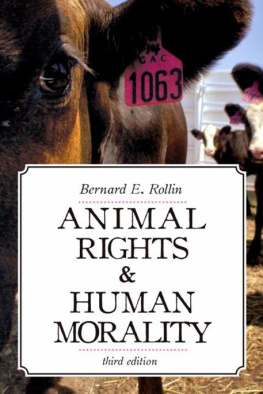Contents
Guide
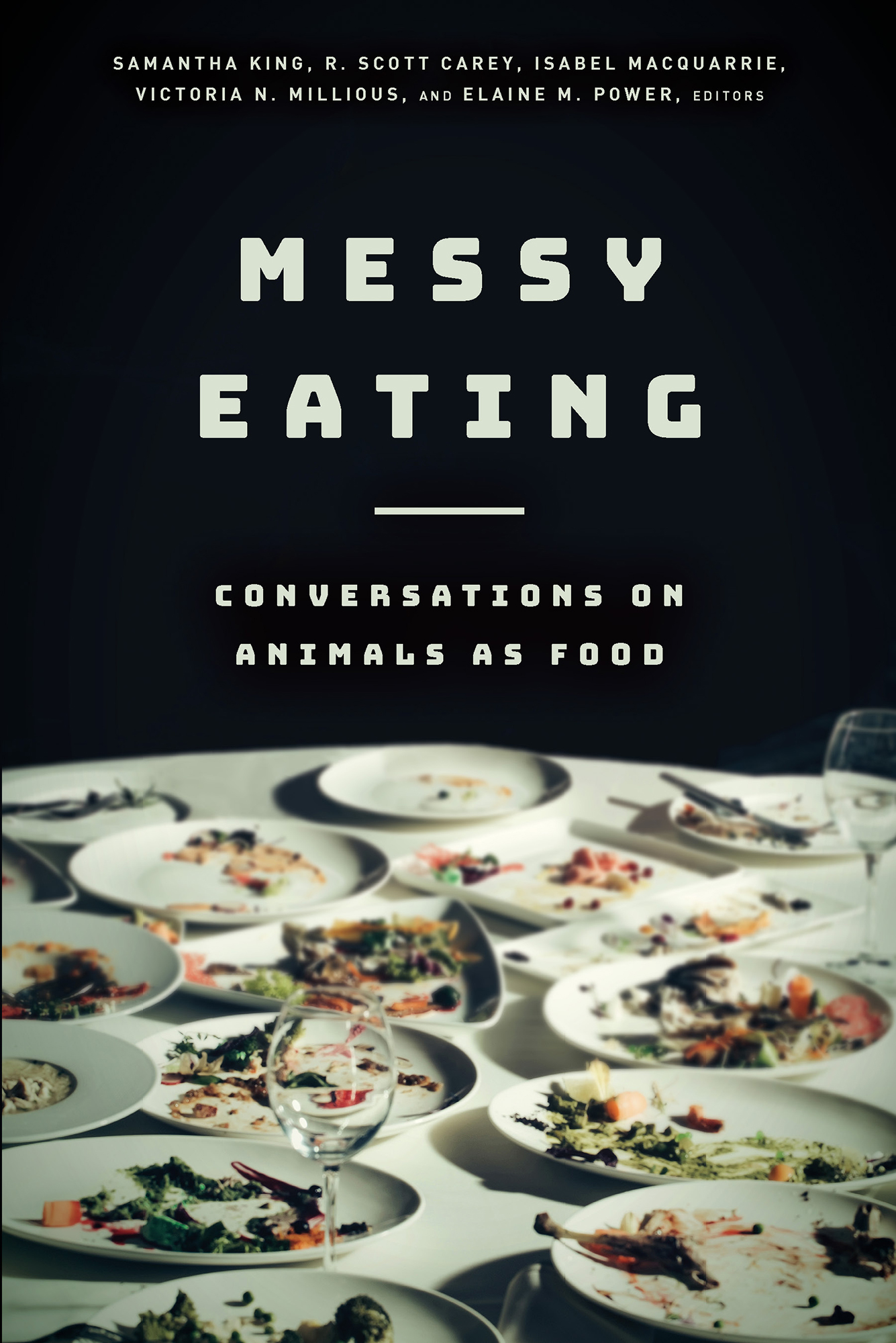
MESSY EATING
MESSY EATING
CONVERSATIONS ON ANIMALS AS FOOD
SAMANTHA KING, R. SCOTT CAREY, ISABEL MACQUARRIE, VICTORIA N. MILLIOUS, AND ELAINE M. POWER, Editors
FORDHAM UNIVERSITY PRESS
New York 2019
Copyright 2019 Fordham University Press
All rights reserved. No part of this publication may be reproduced, stored in a retrieval system, or transmitted in any form or by any meanselectronic, mechanical, photocopy, recording, or any otherexcept for brief quotations in printed reviews, without the prior permission of the publisher.
Fordham University Press has no responsibility for the persistence or accuracy of URLs for external or third-party Internet websites referred to in this publication and does not guarantee that any content on such websites is, or will remain, accurate or appropriate.
Fordham University Press also publishes its books in a variety of electronic formats. Some content that appears in print may not be available in electronic books.
Visit us online at www.fordhampress.com.
Library of Congress Cataloging-in-Publication Data available online at https://catalog.loc.gov.
CONTENTS
MESSY EATING
Many of the conversations featured in this collection of interviews about theory, politics, and animals as food opened with the participants asking us a series of questions. Some interviewees were wary of centering their personal dietary histories in an academic forum and wanted to understand what we hoped to achieve by asking about intimate and everyday matters such as meal preparation. Others had agreed to speak to us without hesitation but were curious about the conceptual origins of the work. Like the subject matter we aimed to explore, our answers to these queries were messy, and we often found ourselves sharing different versions of how the project came to be.
Most frequently, we cited a Jeffrey Williams interview with Donna Hara way in which the world-renowned scholar of significant otherness is asked if she renounces eating meat. We also drew on day-to-day conversationsabout our vegetarian conversion stories, our domestic dietary practices, or our pets (whom we now refer to as companion animals).
In these exchanges, contributors frequently revealed that they had longed for an opportunity to think through the connections between their theoretical orientations and their eating habits. They seemed to share our sense that while the posthumanist, multispecies, and animal studies literatures with which they themselves were engaged had offered rich insights into a wide variety of interspecies entanglements, these approaches had not quite fulfilled their potential to address the primary site through which such interactions unfold in the contemporary world: the human consumption of nonhuman animals for food. Nor, in the view of many of our participants, had these bodies of work grappled adequately with the messy, persistent dynamics of race, sex, ability, and colonial capitalism that shape species differentiation and commingling in the context of food. The interviews would, we hoped, allow participants to contemplate how academic work on multispecies living that is attuned to such hierarchies might inform contentious public debates about pressing issues ranging from food sovereignty and sustainability, to the exploitation and suffering of human and animal farm laborers. Moreover, we anticipated that by asking scholars to describe how they navigate concerns about food in their daily lives, we might offer an accessible and grounded entry point into such questions.
There is of course a considerable scholarly and popular literature on happy meat, ethical eating, and the potential of small-scale agriculture and mindful consumption to address the challenges of contemporary food systems.
In short, literature on the ethics and politics of food and literature on the ethics and politics of humananimal relationships have infrequently convergeda divide that might be said to reproduce humanistic and dualistic thinking about animals as objects that humans eat versus animals as subjects with whom humans relate. Messy Eating represents an initial step toward bridging this divide. Speaking with Canada-and U.S.-based scholars at a variety of career stages who do critical interdisciplinary work related to animals, we conducted interviews that explore how postcolonial, Indigenous, black, queer, trans, feminist, disability, continental, phenomenological, posthumanist, and multispecies theories shape approaches to consuming animals as food; how researchers weave their knowledge practices with their ethical and political practices as they conceptualize and in some cases undertake the ingestion of animals;
Beyond Animal Rights
Early on in our process, we made a decision to feature scholars who operate largely outside liberal and universalist discourses of suffering and rights From the shifting science of speciation, to innovations in cross-species engineering, and from Indigenous ontologies of relational personhood, to new humanist, post-colonial, poststructuralist, feminist, queer, and disability studies perspectives that challenge enlightenment notions of an autonomous, biocentric subject, demarcations between humans and animals are increasingly understood as historically produced, permeable, fluid, and contingent. Within these frameworks, the human emerges as just one life form among many.
While the scholars featured in this collection work across a range of theoretical traditions and diverge considerably in their food practices and politics, they have in common a tendency to shy away from approaches that extend the category of the human outward to include (certain) animal others. Instead, they tend to understand and inhabit the world from what interviewee Matthew Calarco calls perspectives other than those of the classical human subject, often emphasizing how human beings might find themselves within or alongside animal life in surprising ways.
The eurocentric normativity of much research in posthumanist, multispecies, and critical animal studies constitutes the second reason for our moving away from traditional frameworks. We have been motivated by critiques of such work and are committed to profiling scholars whose work challenges the epistemic politics and exclusions of these fields.
Like Alexander Weheliye, we are wary of utopic visions that suggest We have now entered a stage in human development where all subjects have been granted equal access to western humanity and this is, indeed, what we all want to overcome.
While the scholarship of the authors featured here tends to focus principally on humananimal relations, rather than on food or meat, our efforts to challenge existing frameworks are inevitably informed by work that brings questions of race and ethnicity to bear on the messiness of food and eating cultures in the North American context.
Questioning white universalism and racial exclusion has not been a central concern for every scholar featured in this collection. Indeed, the work of some of our interviewees has been subject to critique on these very grounds, and we expanded our initial focus beyond posthumanist and critical animal studies precisely because we were finding we could not get at the kinds of issues we wanted to addressaround race and colonialism especiallyby speaking only with people working within those fields narrowly defined. Thus, Messy Eating might best be considered a snapshot in a time of a diffuse and wide-ranging conversation that is moving along a trajectory shaped by the editors own learning. While the ultimate lineup of scholars is diverse with regard to how each of the participants traces the particular configurations of power imbricated in multispecies and dietary subjectivities and systems, taken as a whole, the collection works against the tendencies of both posthumanism and critical animal studies to disregard analyses of race, sex, gender, and colonial capitalism. Instead, it centers the insights of scholars who refuse to privilege the human,


